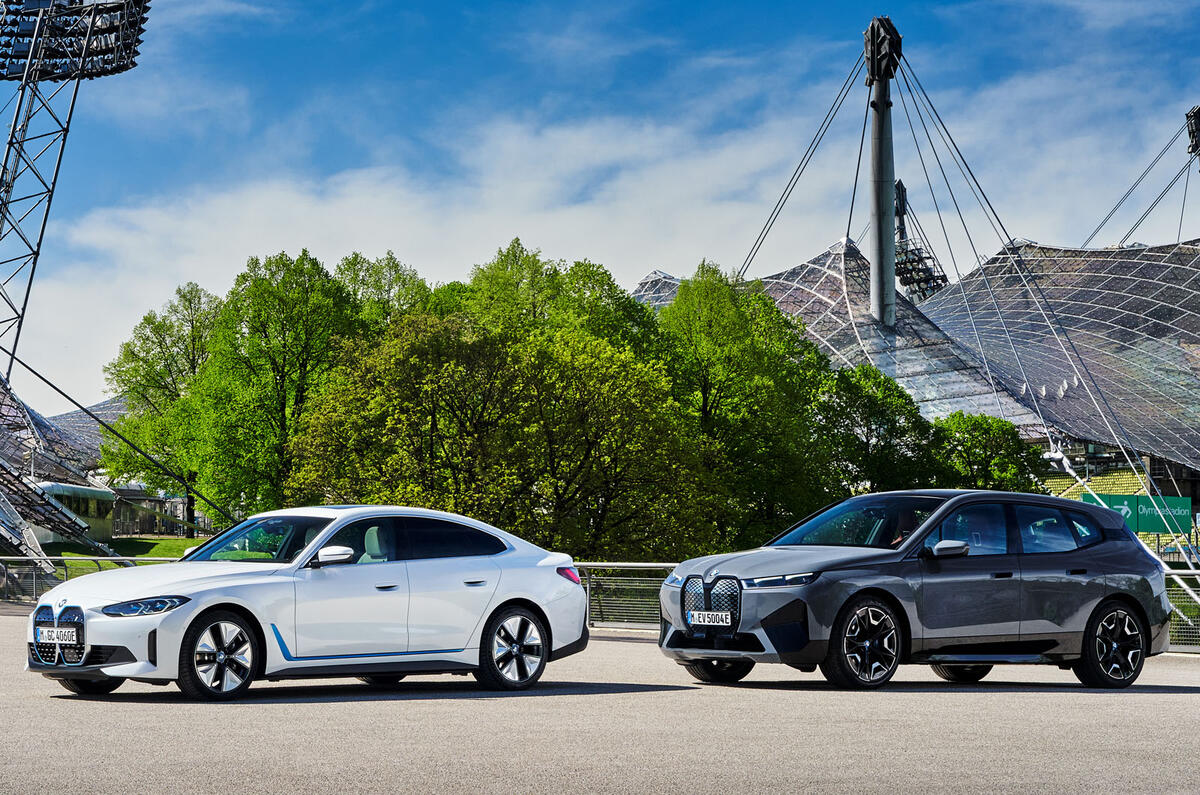The BMW Group recorded the strongest net profits in its 106-year history in 2021, despite a dramatic slowdown in output in the fourth quarter as a result of supply shortages and rising material costs.
The German company posted net profits of €12.46 billion (£10.46bn), making for a 223% uptick on pandemic-blighted 2020 but more relevantly 150% up on pre-pandemic 2019.




Add your comment